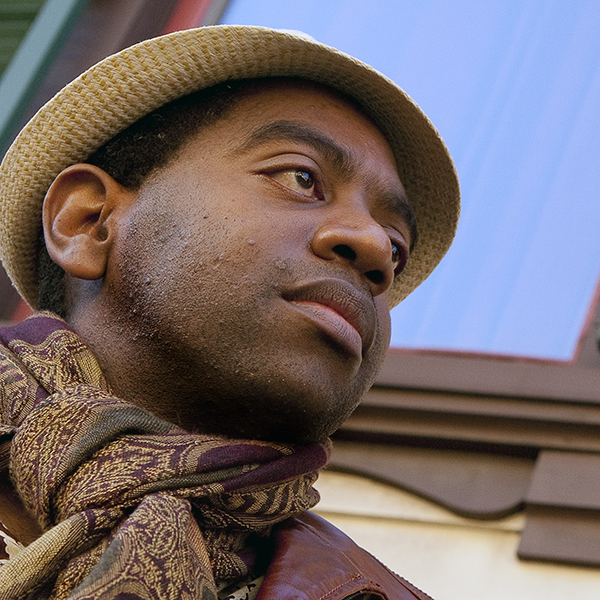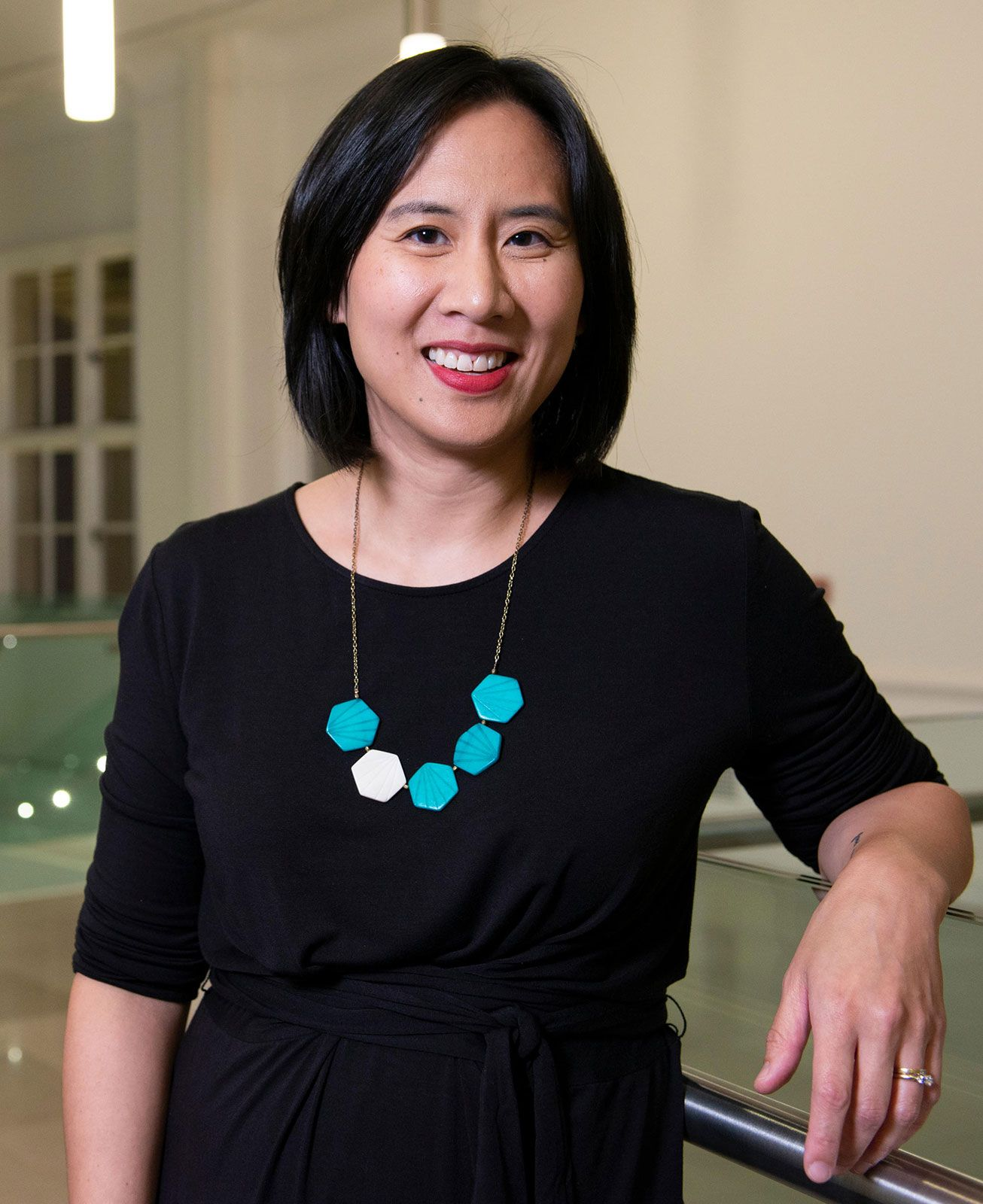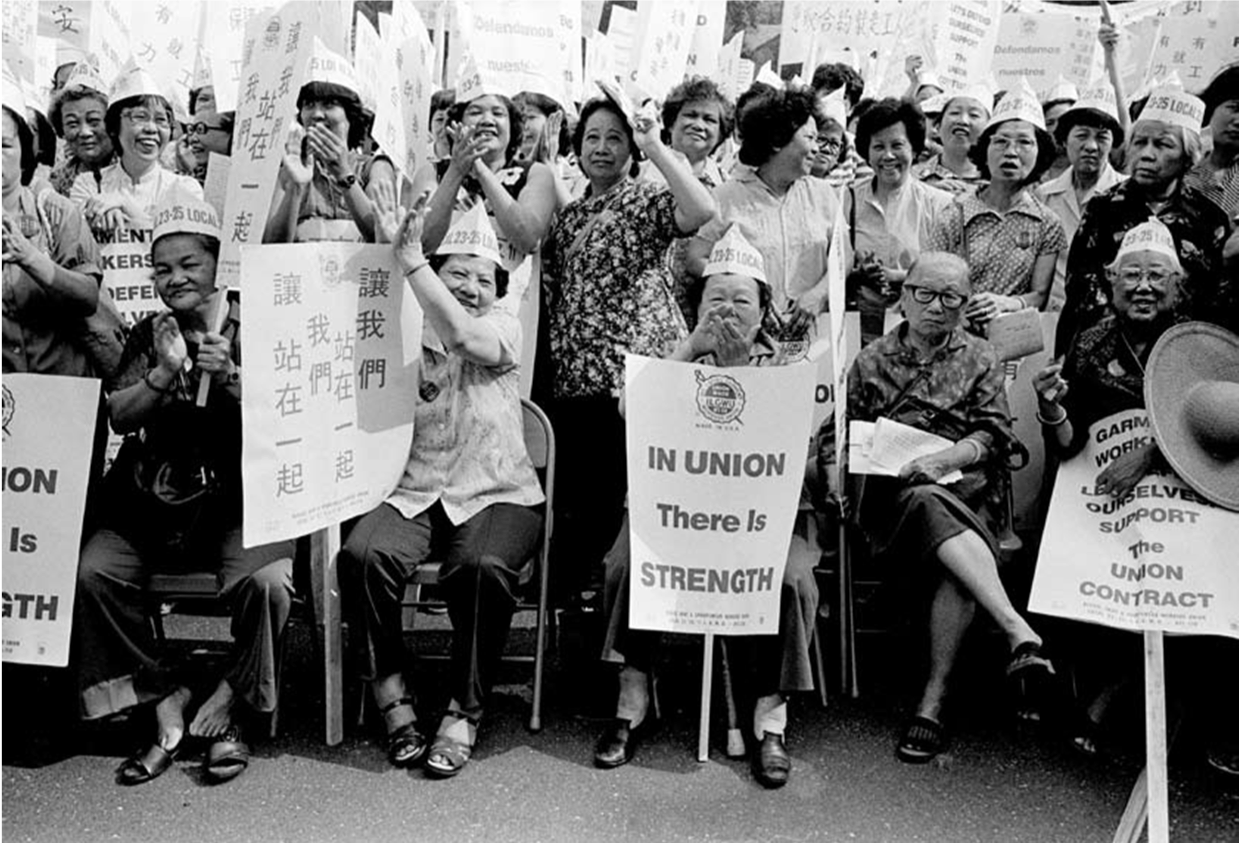Yosvany Terry, an acclaimed musician and director of the Harvard Jazz Ensembles, blends his Afro-Cuban roots with an expansive understanding of global musical traditions. With a passionate commitment to preserving cultural identity, Terry’s journey from Cuba to West Africa has led him to explore the intricate connections between the musical heritage of these regions. His research endeavors reveal how these traditions have influenced the evolution of jazz and other musical forms in the Americas. As an artist and educator, he emphasizes the importance of cross-disciplinary collaboration, often integrating diverse cultural perspectives into his teaching. Upcoming performances, such as “Imaginary Dialogues: Dahomey” at Harvard, showcase his unique ability to weave these rich influences into powerful musical experiences that resonate with audiences and students alike.
The world of jazz intertwines deeply with varying musical heritages that shape cultural narratives and identities. Musicians like Yosvany Terry play a pivotal role in connecting these diverse sounds, highlighting the profound influence of Afro-Cuban and West African musical styles. This integration of distinct traditions not only enriches the performing arts but also fosters a greater understanding among students and the broader community. Through innovative projects and performances, artists are breathing life into cultural histories, ensuring that their legacies are recognized and celebrated. Such explorations serve as a reminder of the importance of musical expression in articulating our shared human experience.
Exploring Yosvany Terry’s Musical Journey
Yosvany Terry’s music is a vibrant tapestry woven from the threads of his Afro-Cuban heritage and the rich musical traditions he encountered during his travels. His journey through Benin and Cuba reveals the interconnectedness of cultural identities through music. Terry’s commitment to understanding the historical context of jazz and its Afro-Cuban roots is evident in his explorations of how traditional African musical practices have shaped contemporary genres. By immersing himself in these cultures, he not only enhances his artistry but also pays homage to the musicians who have preserved these traditions for generations.
In his role as a senior lecturer at Harvard, Terry channels his experiences into educating the next generation of musicians. His insights on the influence of the African diaspora on jazz allow students to appreciate the depth of their craft. Through performances and collaborations, he fosters a collaborative environment that encourages students to engage with diverse musical traditions, enriching their understanding of cultural identity in music.
The Significance of Afro-Cuban Roots
Afro-Cuban roots play a crucial role in understanding the evolution of music in the Caribbean and beyond. Yosvany Terry’s dedication to these traditions emphasizes the importance of cultural preservation in a rapidly globalizing world. He highlights how the rhythms, melodies, and instruments rooted in African traditions have survived and inspired new forms of expression. This musical heritage not only influences individual artists but also contributes to a broader cultural narrative that is vital for maintaining cultural identity.
The complexities of Afro-Cuban music illustrate a rich dialogue between continents, particularly how African musical elements were transformed in the Caribbean. By acknowledging this lineage, Terry and his students can explore how historical narratives shape contemporary musical forms. As they delve into these traditions, they gain an appreciation for the resilience of cultural practices that resist erasure in the face of colonial and modern influences.
As part of Yosvany Terry’s teaching at Harvard, students are encouraged to delve into the history and significance of Afro-Cuban music, understanding its role as a living tradition that informs modern jazz. This exploration fosters a deeper connection to their identities as musicians and nurtures their respect for the long history of cultural exchange that defines the music they create today.
Harvard Jazz Ensembles: A Hub of Musical Innovation
As the director of the Harvard Jazz Ensembles, Yosvany Terry cultivates a vibrant community of musicians who are eager to innovate and explore the boundaries of jazz. The program, which has evolved significantly over the years, emphasizes collaboration with artists from various backgrounds, including both classical and contemporary Afro-Latin traditions. Terry’s leadership fosters an environment where students can experiment with diverse styles and techniques, allowing them to engage deeply with the music they create.
The Harvard Jazz Ensembles serve as a springboard for students to connect with prominent figures in the jazz world, including legendary musicians and emerging artists. By inviting artists of diverse cultural backgrounds to share their expertise, students gain first-hand insights into the transformative power of music. This exposure not only enriches their musical education but also inspires them to think critically about the impact of collaborative creativity in their own artistic practices, echoing the rich traditions Yosvany Terry seeks to preserve.
Yosvany Terry’s Research: Linking Tradition and Modernity
Yosvany Terry’s recent research in Benin provides invaluable insights into the continuity of musical traditions across cultures. By exploring the historical connections between West African music and its Caribbean descendants, Terry uncovers layers of cultural significance that transcend geography. His findings highlight how these traditions serve as vital expressions of cultural identity and resilience, inspiring contemporary artists to draw upon their roots as they forge new musical paths.
Through his teaching and performance, Terry brings this research to life, allowing students to engage with primary source materials that illuminate the enduring impact of these traditions. His commitment to education emphasizes the importance of understanding where music comes from, encouraging students to see themselves as part of a larger narrative that transcends time and space. This exploration fosters a sense of connection among students, their heritage, and the global music landscape.
Cultural Identity Through Music and Education
The exploration of cultural identity through music is a cornerstone of Yosvany Terry’s educational philosophy at Harvard. He encourages students to understand their own cultural backgrounds while appreciating the diverse influences that shape the music they study and create. The integration of Afro-Cuban roots into the curriculum serves as a powerful reminder of the cultural narratives embedded in musical practices, allowing students to draw connections between their identities and those of others.
As students engage with different musical traditions, they not only develop technical skills but also cultivate an understanding and respect for the cultural contexts that inform these art forms. Terry’s teaching approach breaks down barriers, fostering an inclusive environment where students from varied backgrounds can come together to learn and grow. Through this process, they not only expand their musical horizons but also contribute to a richer understanding of their shared human experience.
The Role of ArtsThursdays in Elevating Community Engagement
ArtsThursdays has become a vital platform for elevating the visibility of arts at Harvard and in the surrounding community. This initiative not only showcases the talents of faculty like Yosvany Terry and other artists, but it also invites diverse audiences to experience the transformative power of music and performance. Through free concerts and interdisciplinary collaborations, ArtsThursdays fosters a culture of creativity that challenges traditional boundaries within the arts.
By participating in ArtsThursdays, students and faculty engage with the community through performing arts, creating a dialogue that highlights the significance of cultural traditions. These events offer unique opportunities for collaboration, inspiring new ideas and artistic endeavors. For Terry, each performance is a chance to illustrate the connections between his research and the music, blending the academic with the artistic in a way that resonates with audiences.
Future Aspirations for the Arts at Harvard
Looking towards the future, Yosvany Terry envisions a thriving arts community at Harvard that embraces a diverse range of musical traditions. With the foundation laid over the past decade, he hopes to see continued growth and engagement in the arts, drawing in students and educators from various backgrounds. His commitment to inviting renowned artists to share their knowledge serves as a critical component in enhancing the educational experience within the arts department.
Terry believes that innovative initiatives, such as cross-departmental collaborations and interdisciplinary projects, will be essential for redefining the role of the arts in academia. By integrating technology, history, and cultural studies, he aims to cultivate a vibrant and dynamic arts environment that not only preserves traditions but also inspires new forms of expression. In this way, the future of arts at Harvard can reflect a broader spectrum of voices and experiences, rooted in the rich histories they represent.
The Intersection of AI and Traditional Music
In today’s digital landscape, the intersection of artificial intelligence (AI) and traditional music represents a groundbreaking frontier for composers and musicians like Yosvany Terry. Collaborating with experts from other fields, Terry is exploring how AI can be harnessed to preserve and innovate upon musical traditions, particularly those that have often been overlooked due to a lack of data, such as West African musical practices. This innovative approach not only breathes new life into the art of composition but also challenges the way we think about creativity in music.
By integrating AI into the creative process, Terry and his colleagues aim to generate new compositions that maintain the essence of traditional sounds while pushing the boundaries of contemporary music. This fusion of technology and cultural heritage opens new pathways for exploration, allowing musicians to create works that honor their roots while simultaneously embracing modern techniques. As students learn to navigate this intersection, they gain invaluable skills that position them at the forefront of the future of music.
The Impact of Cultural Exchange on Musical Traditions
Cultural exchange plays a pivotal role in shaping musical traditions, and Yosvany Terry’s artistic journey exemplifies this dynamic process. His experiences in both Benin and Cuba reveal how the sharing of musical ideas and practices can enrich artistic expressions and foster a deeper understanding of cultural identity. By engaging with musicians from diverse backgrounds, Terry showcases the importance of collaboration as a means of preserving and innovating upon traditional sounds.
Through his performances and educational initiatives, Terry encourages students to recognize the value of cultural exchange in their own musical journeys. By learning from different traditions and incorporating various influences, they can develop a more comprehensive understanding of music as a universal language. This exchange not only celebrates the richness of diversity in musical forms but also highlights the shared experiences that connect cultures across the globe.
Frequently Asked Questions
What are the key contributions of Yosvany Terry to Afro-Cuban music?
Yosvany Terry is a prominent figure in Afro-Cuban music, known for blending traditional elements with modern jazz. His work emphasizes the cultural identity rooted in Afro-Cuban traditions, showcasing the influence of African musical practices on contemporary genres. Terry’s research and performances highlight the interconnections between Benin and Cuba, enriching the understanding of these rich musical legacies.
How does Yosvany Terry incorporate his research into the Harvard Jazz Ensembles?
As the director of the Harvard Jazz Ensembles, Yosvany Terry integrates his research on Afro-Cuban roots into the program by exposing students to authentic musical traditions. His curriculum includes lessons on the African diaspora’s impact on modern jazz, enabling students to appreciate the nuances of cultural identity and musical evolution, a reflection of Terry’s own background and experiences.
What is the significance of Yosvany Terry’s performance at ArtsThursdays?
Yosvany Terry’s performances at ArtsThursdays are significant as they not only showcase his Afro-Cuban roots but also enhance the visibility of the arts at Harvard. These events allow him to share findings from his research in Benin and Cuba, facilitating a dialogue between academic study and live performance that embodies the cultural traditions he seeks to preserve.
In what ways does Yosvany Terry engage with students during his music courses?
Yosvany Terry engages with his students at Harvard by introducing them to the historical and cultural context of jazz and Afro-Cuban music. Through hands-on learning experiences, such as performances and workshops, he fosters an environment where students can connect deeply with the musical traditions that shape their identities, culminating in a richer appreciation for the genre.
What themes does Yosvany Terry explore in his upcoming opera?
In his upcoming opera, Yosvany Terry explores themes of resistance and cultural identity, focusing on the life of a free person of color who played a vital role in the initial rebellion against Spanish colonial rule in 19th-century Cuba. This work is inspired by his research into Afro-Cuban roots and aims to shed light on historical narratives that have been marginalized.
How does Yosvany Terry’s collaboration with different departments at Harvard enhance the arts?
Yosvany Terry’s collaboration with various departments at Harvard enhances the arts by integrating diverse perspectives and expertise into the music curriculum. His work with colleagues from fields like engineering explores innovative intersections between technology and musical traditions, fostering a multidisciplinary approach that enriches the students’ learning experience and broadens the community’s understanding of artistic expression.
What impact does Yosvany Terry hope to achieve through his teaching and research?
Yosvany Terry hopes to inspire a new generation of musicians and advocates for the arts through his teaching and research. By connecting students with the rich history of Afro-Cuban and jazz traditions, he aims to cultivate a lasting appreciation for these musical forms, encouraging students to explore and celebrate their cultural identities through music.
| Key Point | Details |
|---|---|
| Research in Benin and Cuba | Yosvany Terry explores the connections between musical traditions of West Africa and the Caribbean, focusing on how culture and identity are preserved through music. |
| Influence of African Diaspora | Through research, Terry examines how West African musical traditions influenced the music that evolved in the Americas, particularly in Cuba due to the prolonged slavery period. |
| Educational Approach | Terry aims to provide students access to primary sources on these traditions to foster understanding of their cultural persistence and influence on contemporary music. |
| Opera Project | He is currently creating an opera about the first free person of color who led a rebellion in 19th-century Cuba, linking historical narratives to modern contexts. |
| Jazz Program Vision | As director of the Harvard Jazz Orchestra, Terry focuses on broadening the curriculum to be more inclusive of Afro Latin American traditions and encouraging collaboration with various musicians. |
| ArtsThursdays Initiative | This program has raised awareness of art-making within Harvard and the surrounding communities, showcasing the artistic contributions of faculty and engaging students. |
| Future Aspirations | Terry hopes to continue growth in the arts at Harvard, expanding diversity in musical offerings and fostering collaboration between various departments for innovative projects. |
Summary
Yosvany Terry’s work highlights the seamless blend of tradition and modernity in music, showcasing the vital cultural connections between West Africa and the Caribbean. His research and performances not only celebrate the rich musical heritage but also educate the next generation of musicians on the importance of cultural preservation through art. By integrating historical insights with contemporary expression, Terry inspires a deeper appreciation for the roots of jazz and its evolution, making his contributions invaluable to both Harvard and the broader music community.


